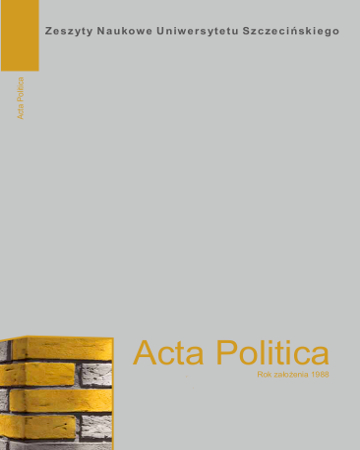RELATIONSHIP BETWEEN RELIGION, POLITICS AND SOCIETY IN EASTERN EUROPE AFTER 1989 AS EXEMPLIFIED BY THE CZECH REPUBLIC AND POLAND
RELATIONSHIP BETWEEN RELIGION, POLITICS AND SOCIETY IN EASTERN EUROPE AFTER 1989 AS EXEMPLIFIED BY THE CZECH REPUBLIC AND POLAND
Author(s): Tomáš BubíkSubject(s): Politics / Political Sciences, Political history, Social history
Published by: Wydawnictwo Naukowe Uniwersytetu Szczecińskiego
Summary/Abstract: In the last century, religion was discarded from participation in public life. It was believed that churches had already finished their historical role and thus the dominant position in European society was to be undertaken by the state institutions. Churches were actually kept within limits that made them “harmless” in the sphere of public life. Religion was supposed to assume a strictly private role, not to be any longer a public affair. In the last century’s battle between state and church, the state was believed victorious. This paper attempts to clarify the position and the role of religion in European society as it has been changing since the breaking of the communist regime.
Journal: Acta Politica Polonica
- Issue Year: 2010
- Issue No: 23
- Page Range: 43-57
- Page Count: 15
- Language: Polish

